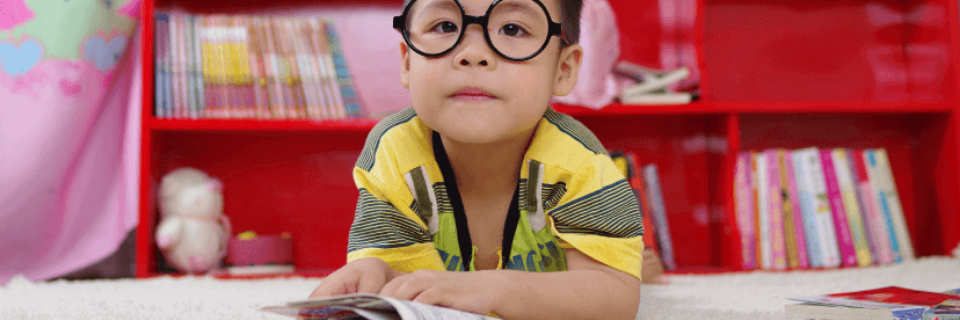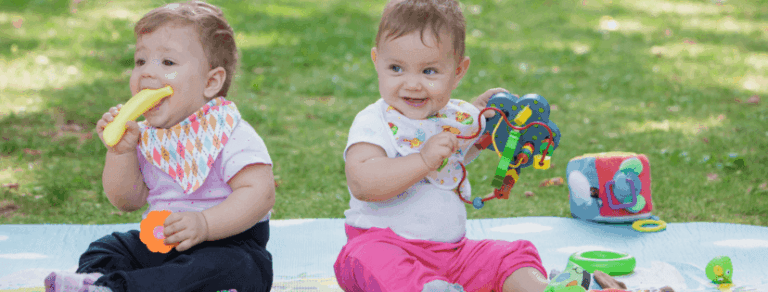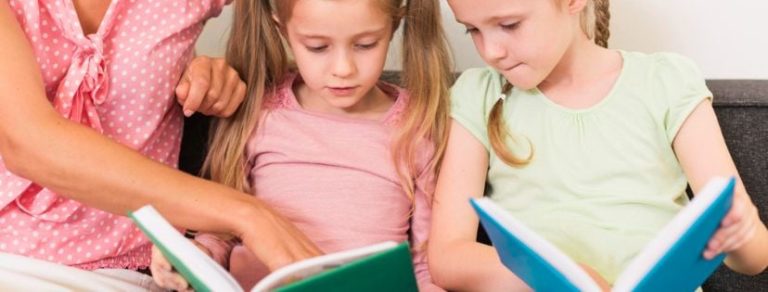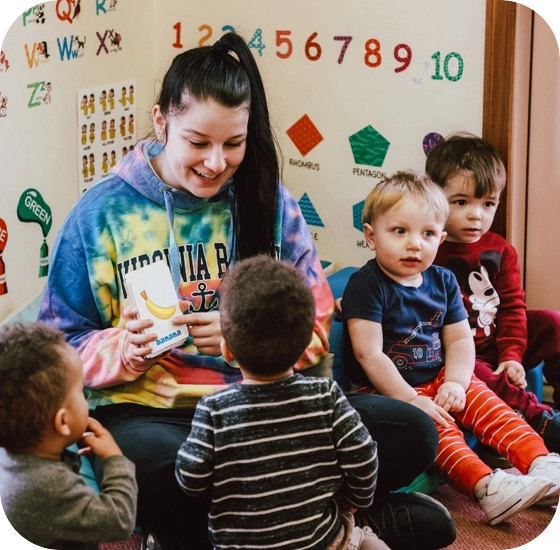Learning to read and write is an important milestone for any child, and laying the foundations for language and literacy in preschoolers is crucial. However, literacy is more than just learning to read. It’s also about understanding and appreciation for language, communication, and expression. As a parent, you can play an active role in helping your child develop language and literacy skills from a young age through language and literacy activities designed for preschoolers. Research has shown that children exposed to literacy activities early on have a greater chance of becoming successful readers.
Here are 9 language and literacy activities for preschoolers at home to help them develop essential literacy skills:
1. Read Aloud Together Every Day
Did you know that reading aloud with your child for as little as fifteen minutes a day can greatly impact their language and literacy skills? When you read aloud, you provide a model of fluent reading for your child to imitate. You also expose them to various vocabulary words and sentence structures.
Choose age-appropriate and exciting books for your child, and take turns reading pages. As you read, point out words that start with the same sound or words that rhyme. You can also ask your child questions about the story as you read.
2. Talk About The Stories You Read
After you finish reading a book, talk to your child about the story. Ask them questions such as: “What did you like best about the book?”, “Who was your favorite character and why?”, or “What do you think will happen in the next book?”
Encourage your child to retell the story in their own words. This will help them develop literacy skills such as sequencing and summarizing.
3. Write Together
Writing is an important language and literacy skill, and it’s one that you can start working on with your child from a young age. Invite your child to help you write a grocery list, a letter to a friend, or even a story of their own. As you write, point out the letters and have your child tell you what they sound like.
If your child is just learning to write, provide them with lined paper and encourage them to trace the lines with their finger or a pencil. You can also help them practice writing their name or simple words such as “cat” or “dog.” Also, you can make it even more fun and exciting using materials other than a pen and paper! For example, you can use crayons, markers, or even chalk to write on the sidewalk or a chalkboard.
4. Play Literacy Games Together
There are many fun and educational literacy games that you can play with your child to help them develop language and literacy skills. For example, you can try an “I Spy” game where you take turns finding objects that start with certain letters. You can also play “Word Ladder” where you change one word into another by adding, subtracting, or changing just one letter at a time (e.g., “cat” becomes “bat” becomes “rat”).
You can also make up your literacy games! Just use your imagination and be creative.
5. Recite Nursery Rhymes And Poems Together
Nursery rhymes and poems are a great way to expose your child to the rhythm and rhyme of language. As you recite the nursery rhymes or poems, point out the words that rhyme. You can also have your child clap their hands or tap their feet to the rhythm of the poem. There are many nursery rhymes and poems that you can find online or in books. Start with simple ones, and then move on to more complex ones as your child becomes more proficient with the language.
6. Visit The Library Together
Take a trip to the local library with your child and let them explore all the available different books. Please encourage them to choose books they are interested in and then read them together at home.
If your child is just learning to read, you can also check out books on CD or DVD from the library. This way, they can listen to the story while following along with the book.
7. Use Playdough To Form Letters
Playdough is a great way to help your child learn how to form letters. Start by forming simple letters such as “A” or “B,” and then move on to more complex ones and shapes. As you form the letters and shapes, have your child say the sound that each letter and shape makes. You can also use playdough to spell out simple words such as “cat” or “dog.”
8. Make Homemade Literacy Games
There are many literacy games that you can make at home with just a few household items. For example, you can make a “sound matching game” by writing down different animals on index cards and matching them up with the corresponding picture card. Or, you can make a “word-building game” by cutting out letters from magazines and having your child put them together to spell words.
9. Do Puzzles Together
Puzzles are great for helping your child develop literacy skills such as problem-solving and critical thinking. Choose puzzles that are appropriate for your child’s age and ability level. For example, if you have a preschooler, start with simple 4-piece puzzles. As they get older and more proficient, you can move on to more complex puzzles with more pieces.
You can also make your puzzles by cutting out pictures from magazines or newspapers and gluing them onto a piece of cardboard. Then, have your child cut the pieces apart and put them back together again.
There are many different language and literacy activities for preschoolers that you can do with your child to help build a strong foundation for literacy skills. With a little creativity and imagination, you can turn everyday activities into learning opportunities! Try some of these literacy activities with your child today and watch their skills soar!
Carepointe Academy offers a different approach to early education. We make learning activities engaging, active, and meaningful. We also have qualified teachers to guide your child during their learning journey. Call us today for more information.







